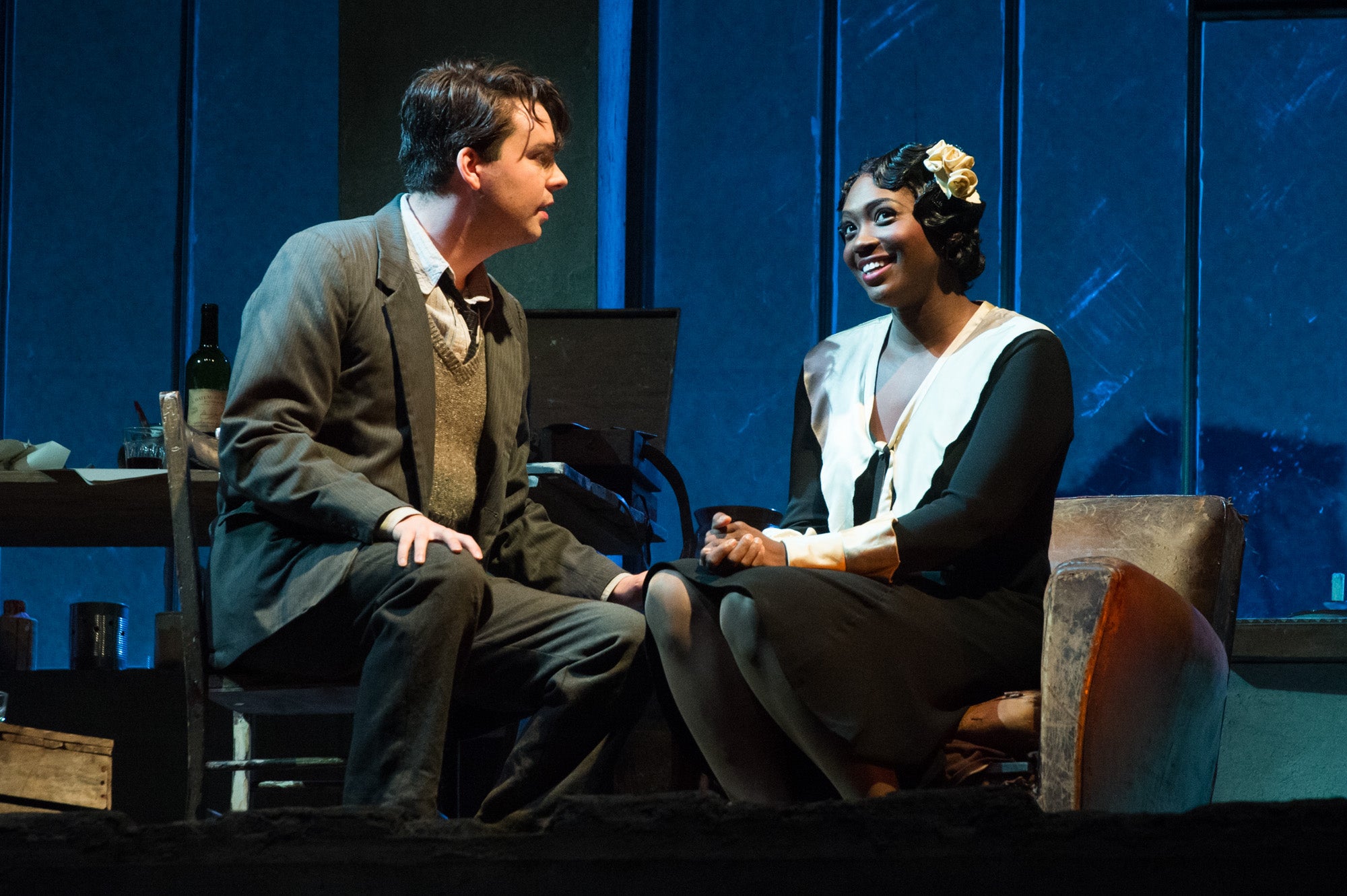High ticket prices make a mockery of English National Opera being the People's opera
The ENO must charge less and tour more


The English National Opera announced “with regret” this week that it was pulling out of a planned co-production with Bristol Old Vic of the opera Orfeo. The production would have been staged in Bristol, but a £5m cut in Arts Council grant meant that the ENO could no longer afford the venture, with the costs of taking musicians and singers from London to Bristol for the run.
Tom Morris, the artistic director of Bristol Old Vic, also expressed regret, saying: “: “Obviously the decision ENO has had to take is deeply regrettable, given the level of excitement in the city about a partnership combining Bristol Old Vic’s vision for a production of Orfeo and the resources and expertise of ENO....” In this case, for regret read thinly disguised fury.
Orfeo would have been an all too rare example, actually the first for 15 years, of the ENO putting on a stage production anywhere in the UK outside of London. So this raises the question of what is the role and purpose of a national company. I maintain that it must be to benefit the taxpayers who pay for it, taxpayers nationwide. Touring is, to my mind, an absolute essential for a national company, which might come as news not just to the ENO but also to the Royal Opera and Royal Ballet. Surely the very last production in next year’s planned ENO season to be cancelled should have been the only one taking place outside the capital.
And if the ENO is to do a bit of reflection over this, it should also reflect on its identity , and what sets it apart from its neighbour, the Royal Opera. To my mind, the ENO must be The People’s Opera, and that means cheap seats — something which would certainly set it apart from Covent Garden. This always used to be the case. But now a stalls seat for the current production of La Boheme will set you back £115. That’s not the way to declare yourself a people’s entertainment or to bring in new, young audiences.
The tragedy of it is that the ENO under its enterprising director John Berry is an artistic powerhouse. Numerous productions that he has overseen have been adventurous and revelatory. And his plans to open up the London Coliseum, home of ENO, in the daytime, put a coffee bar in the foyer, and stage musicals as well as operas, show a vision for the future, which could make the building a destination for all ages.
And yes, the main fault lies at the door of the Arts Council, the funding body which has dealt it such a savage cut. Nevertheless the ENO’s response is wrong. It must state that, as a national company, it will not lose the chance to go to Bristol. It must lower its seat prices and declare itself The People’s Opera. And then, one can but hope, the Arts Council might be shamed into supporting properly a company with a genuine identity and a commitment to audiences across the country.
Why is the climate so much worse in St Ives?
Readers from Cornwall continue to email me following my puzzlement over Tate St Ives charging for admission, while the Tate in London, a champion of free admission, does not charge. Their emails are suitably and justifiably angry. I’m particularly interested in one that reader Adrian Caltieri has sent me. He took up the matter with the management of Tate St Ives and has sent me their response. Jordan Jackson,
Feedback Coordinator for the gallery, wrote to him: “Whilst Tate St Ives would prefer to offer free entry, it is not possible with the current economic climate and trends in public funding.” That’s odd, I thought that the current economic climate and trends in public funding stretched beyond the west country, and affected the capital too.
Damian's demise was no omen: Homeland is worth a new look
While film and book reviewers review a finished product, I often think that TV critics suffer by not getting the full picture when they review the first episode of a series. Critics were fairly lukewarm about the new series of Homeland after episode one, bemoaning the absence of Damian Lewis whose character had been killed off. But, several episodes in, the series is gripping, and Lewis’s co-star Claire Danes has come into her own, delivering performances more powerful and complex than in the earlier seasons. Viewers, who may have deserted prematurely, should give it another chance.
Join our commenting forum
Join thought-provoking conversations, follow other Independent readers and see their replies
Comments